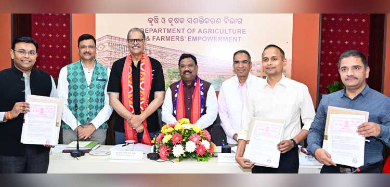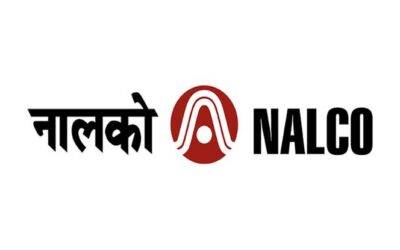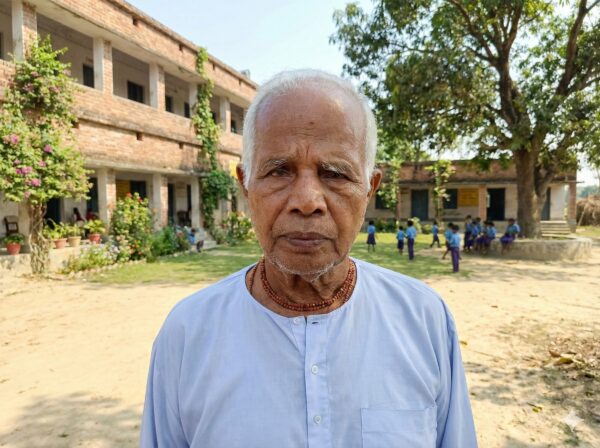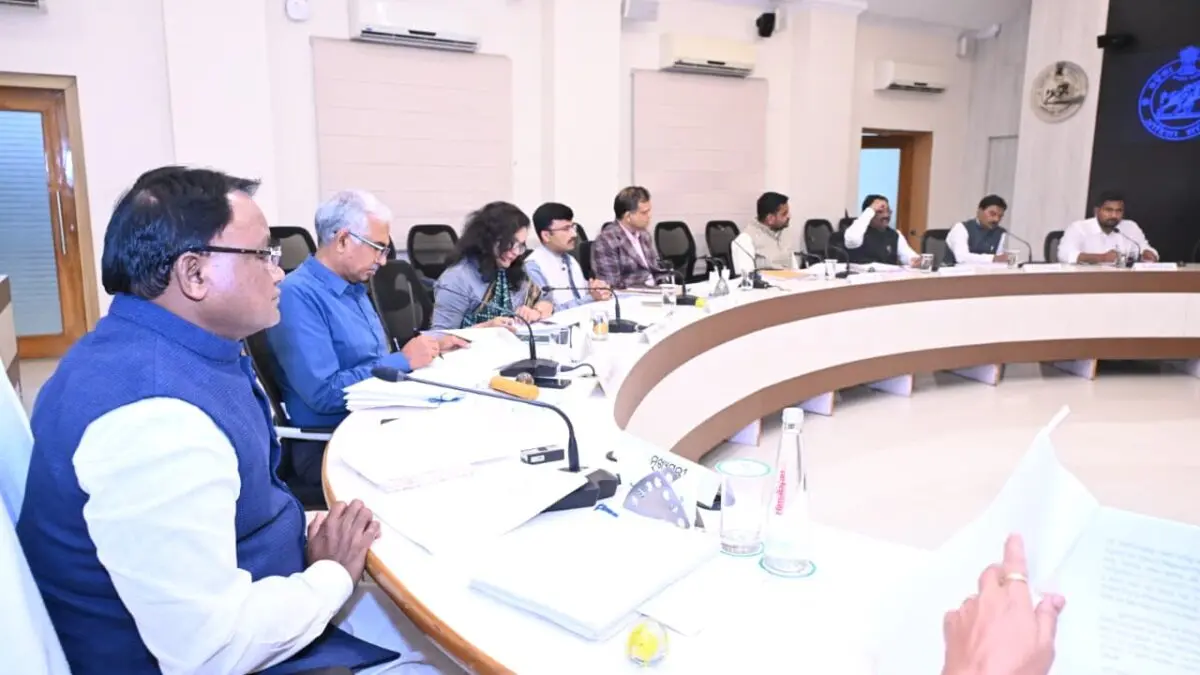Odisha Launches Evaluation of DMF-Funded Projects in Mining-Affected Districts
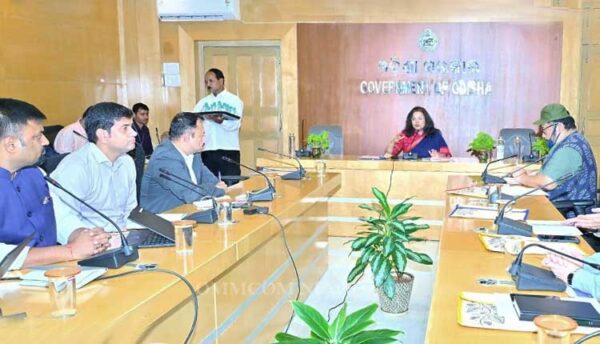
Inception workshop signals shift towards data-driven development in Angul, Jajpur, and Jharsuguda
In a strategic move to ensure greater accountability and measurable outcomes from mining-related welfare schemes, the Government of Odisha today initiated a detailed evaluation of District Mineral Foundation (DMF)-funded projects in the mining-affected districts of Angul, Jajpur, and Jharsuguda.
A preliminary workshop was held at Lok Seva Bhawan, chaired by Development Commissioner-cum-Additional Chief Secretary Anu Garg, to launch the concurrent evaluation process. This initiative aligns with the Pradhan Mantri Khanij Kshetra Kalyan Yojana (PMKKKY) and the Odisha DMF Rules, which mandate comprehensive assessments of DMF-funded developmental activities.
Stakeholder Participation and Technical Backing
District Collectors from the three focus districts participated virtually, while senior officials from departments including Panchayati Raj and Drinking Water, Health, Rural Development, and Education attended in person. The international consulting firm Grant Thornton has been appointed as the third-party evaluator for the study.
The initiative aims to assess how effectively DMF allocations—meant to mitigate the social and environmental costs of mining—are translating into tangible improvements in quality of life for local communities.
The evaluation will cover nine critical development domains including healthcare, education, drinking water, roads and transport, sanitation, housing, livelihood and employment, skill development and Environmental conservation.
Through field surveys, structured interviews, and performance audits at the village level, the study will gauge whether DMF-funded interventions are addressing real community needs and delivering sustainable outcomes.
Officials emphasized that the findings will serve multiple purposes: ensuring better fund utilization, enhancing stakeholder decision-making, identifying operational bottlenecks, and improving program delivery models. District administrations have been directed to provide full logistical and data support.
In her address, Development Commissioner Anu Garg said, “The focus is no longer on just expenditure, but on measurable outcomes. These evaluations are critical for ensuring transparency and making course corrections where needed. Every rupee spent must deliver value on the ground.”
Next Steps and Timeline
The evaluation is scheduled for completion by September 2025, with departments including Skill Development and Technical Education, Women and Child Development, and Human Resources playing key supporting roles.
The inception workshop also featured presentations on evaluation methodology, use of digital tools for data collection, project tracking mechanisms, and community engagement protocols.
The government intends to use insights from the study to reorient future DMF funding strategies, ensuring that development projects in mineral-rich districts are need-based, participatory, and outcome-focused.
This marks a pivotal shift in Odisha’s approach to resource-led development—pivoting from infrastructure delivery alone to impact-oriented governance that places communities at the centre.

